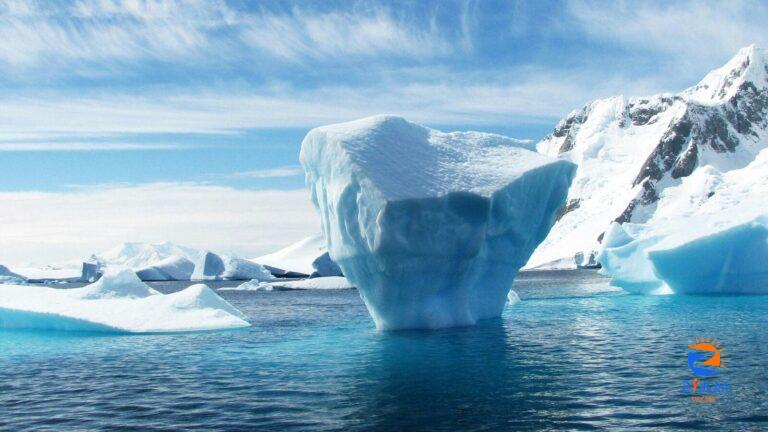
[ad_1]
Since mid-July, temperatures in parts of Antarctica have risen to 50 degrees Fahrenheit above average. The heat is expected to persist into early August.
Scientists are worried about the implications of the historic heat wave in the continent, which is usually known for its extremely-low temperatures. This unusual warmth during Antarctica’s coldest season might signal future environmental challenges for the continent and could have global repercussions, CNN reported.
Winter experiencing summer-like temperatures is concerning for the region even though much of Antarctica remains quite cold. It may significantly contribute to sea level rise as fossil fuel pollution elevates global temperatures.
The area holds most of the ice on Planet Earth. Its complete melting could raise average global sea levels by more than 150 feet, the publication added.
Recent data reveals unusually-high temperatures in parts of East Antarctica. Temperatures here usually range from -58 to -76 degrees Fahrenheit, but they have risen to between -13 and -22 degrees Fahrenheit now.
While still cold, these temperatures are comparable to those typically experienced in Astana (Kazakhstan), Yakutsk (Russia), Winnipeg (Canada), Harbin (China) and Fairbanks (USA). Normally, Antarctica’s winter temperatures are far colder than most people can imagine.
‘A case of astonishment’
“I’m sure more (impacts) will emerge with time as we understand (this heat wave) better, but at the moment, it’s just a case of astonishment really, what we’re seeing,” Thomas Bracegirdle told CNN.
The deputy science leader for the British Antarctic Survey’s Atmosphere, Ice and Climate team told the publication that the temperatures during this event were record-setting and might indicate future climate trends.
According to him, more extreme high temperatures are anticipated in Antarctica due to climate change, but further study is needed for this specific event. Although heat waves of this scale should be rare in Antarctica, scientists are unsure if they are becoming more common. But, their perception may change soon, Bracegirdle said.
[ad_2]